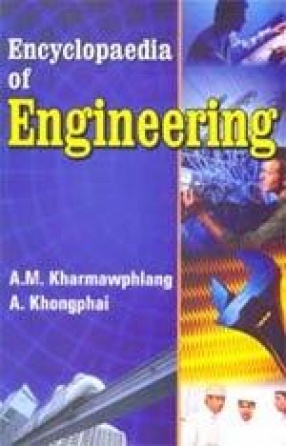Engineering is the application of science to the needs of humanity. This is accomplished through the application of knowledge, mathematics, and practical experience to the design of useful objects or processes. Engineering involves the knowledge of mathematical and natural sciences (biological and physical) gained by study, experience, and practice, applied with judgement and creativity to develop ways to utilize the materials and forces of nature for the benefit of mankind. Encyclopaedia of engineering contains engineering terms with clear and concise definitions. The encyclopaedia is highly illustrated and written in plain, non-technical language and extensive cross-referencing makes concepts more easily understood. Timings and Twigg focus on a wide range of engineering disciplines – engineering science, electrical and electronic engineering, workshop practices and mechanical engineering –and provide definitions that are relevant to all. This vital reference offers a wealth of essential information in a convenient, quick-find format. Whether you’re a professional, a student, a writer, or a general reader with an interest in science, there is no better or more authoritative way to stay up-to-sped with the current language of the various branches of engineering or gain an understanding of their key ideas and concepts. Encyclopaedia of Engineering is written specifically for further education students by experienced authors who have taught and written extensively at this level.
International Encyclopaedia of Anti-Terrorism Law (In 4 Volumes)
This work entitled ...
$265.50
$295.00





There are no reviews yet.